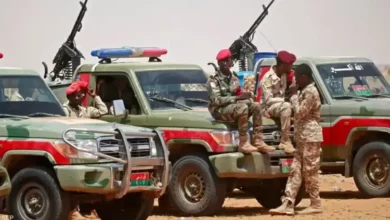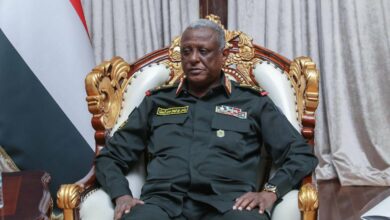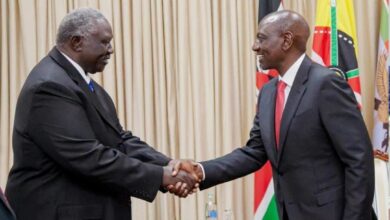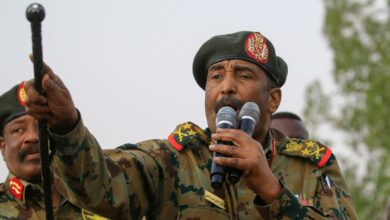Demonstration in Khartoum in rejection of political settlement
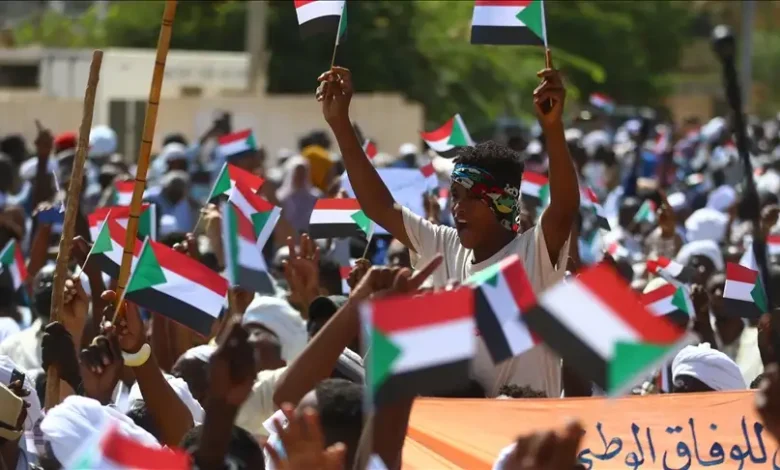
On Saturday, Sudan’s capital Khartoum witnessed a protest against the forthcoming political settlement between the military and civilians and a rejection of foreign interventions in the country’s internal affairs.
Thousands of demonstrators rallied in front of the United Nations headquarters in Khartoum to denounce the forthcoming political settlement between the military component and the Forces for Freedom and Change (FFC) and to protest foreign interventions in the country’s internal affairs.
Demonstrators with national flags shouted anti-FFC slogans and the head of the United Nations mission, Volker Berts, demanding that Western embassies should not interfere in the preparation of the transitional constitution.
The demonstrators also held signs reading, “No to foreign interference”, “Expel United Nations envoy Volker Berts”, “No to the new constitutional document”, “No to political settlement” and “No to clients”.
In his address to the demonstrators, the head of the “State of Law and Development” party, Muhammad Ali al-Jazuli, stressed the need “not to allow FFC (Central Council) to return to power again.”
“Exclusion has led to political and security liquidity leading to the total collapse of the State and the loss of the homeland.”
Al-Jazuli called for “defending national sovereignty and liberating the homeland from malicious foreign interventions and building balanced foreign policies”.
He also called for “the formation of a non-partisan national government that will manage the transition period and the holding of free and fair elections in a period of time not exceeding 18 months”.
The demonstration came at the invitation of many Islamic streams under the slogan “Parade of Dignity”.
The tripartite mechanism (the United Nations, the African Union and the Government Development Authority “IGAD”) and the quartet of the United States, the United Kingdom, Saudi Arabia and the United Arab Emirates (UAE) are active in preparing a political settlement between the military and civilians, based on the draft transitional constitution prepared by the Sudanese Bar Association.


